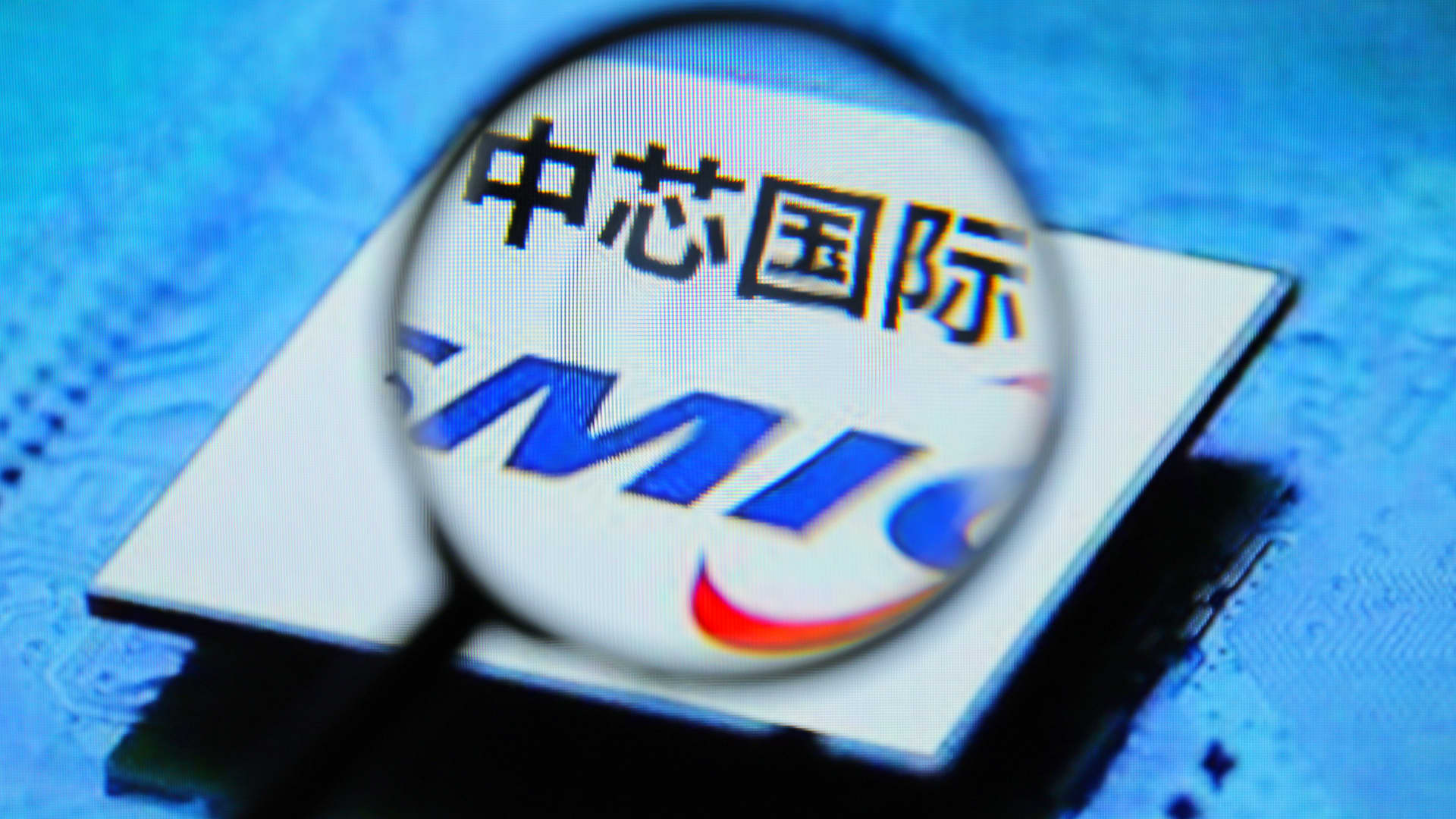Products You May Like
China’s biggest chipmaker Semiconductor Manufacturing International Corp. posted record revenue in 2022, despite ongoing U.S. sanctions, but warned of a more difficult year ahead given a slump in the semiconductor industry.
SMIC said Thursday that 2022 revenue totaled $7.2 billion, up 34% year on year while its gross margin stood at a record 38%. That’s the second year of sales growth above 30% for the company.
However, SMIC said revenue in the first quarter is forecast to decrease by between 10% and 12% versus the December quarter.
“Looking forward to 2023, in the first half of the year, the industry cycle is still at the bottom, the impact of external uncertainties is still complex,” the company said in a statement.
SMIC is one of China’s most important chip companies. It is the country’s largest foundry, which is a company that manufacturers chips that other firms design. It’s a competitor to the likes of Taiwan’s TSMC and South Korea’s Samsung but SMIC’s technology is several generations behind.
The company was thrown on a U.S. trade blacklist called the Entity List in 2020, which has cut SMIC off from key foreign technology that would allow it to make more advanced chips.
Demand for certain chips that go into consumer products has slumped, such as memory, which has badly impacted SMIC as well as bigger companies like Samsung.
SMIC has been investing aggressively to expand capacity in China. The company said its capital expenditures in 2023 are expected to stay roughly the same as the $6.35 billion it spent in 2022.
SMIC said mass production at one of its plants known as SMIC Jingcheng will be postponed by one to two quarters due to “the delay of bottleneck equipment.”
The company did not mention whether the recent sweeping U.S. export controls, which aim at cutting China off from obtaining or manufacturing key chips and components, was behind the equipment delays.
